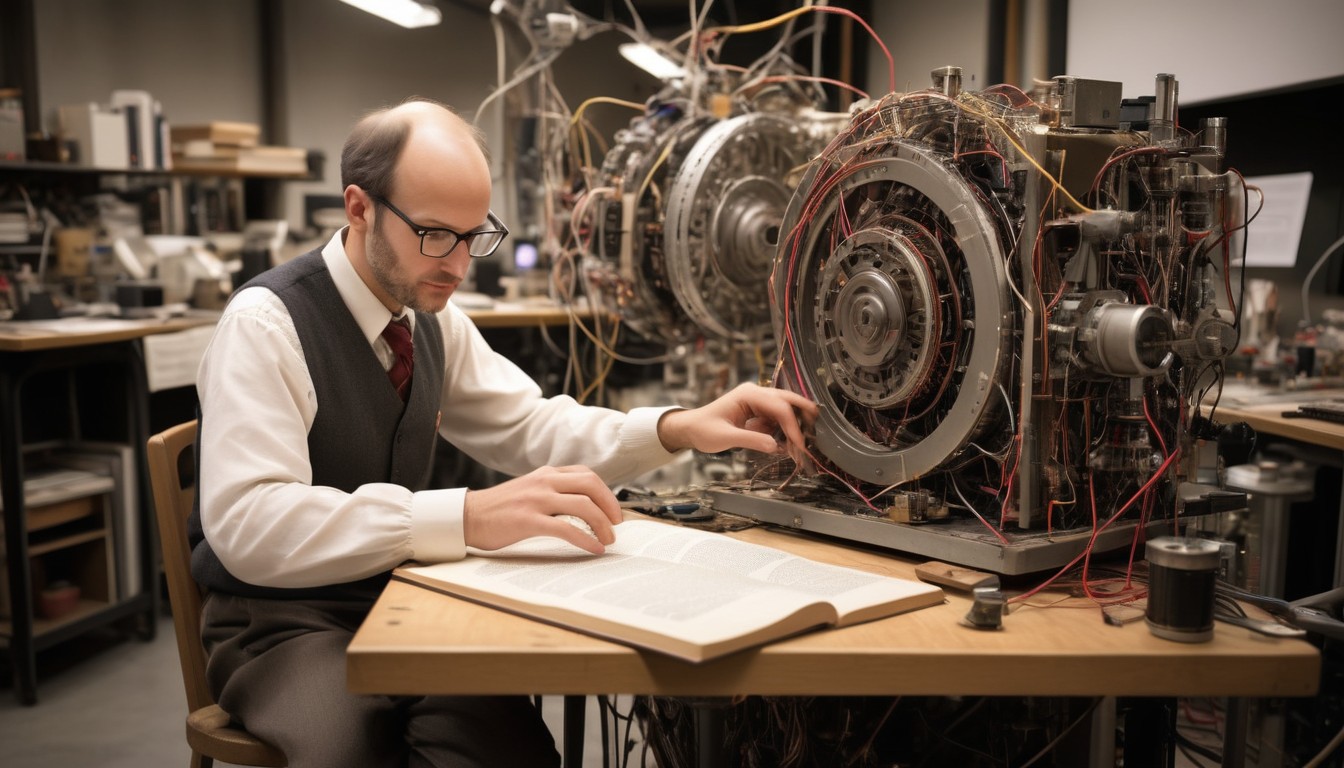Unmasking Educational Illusions: A Journey Towards Antifragility
The exploration of Antifragility, as illuminated by Nassim Taleb, can spark profound inquiries into the foundational principles of contemporary education. It is vital to acknowledge that while Taleb's critiques of the educational system are enlightening, the following discussion represents personal reflections and interpretations.
Central to Taleb's discourse is the provocative assertion regarding the perceived utility of a college degree:
"If a U.S. college degree appears to be useless, it is by design. For 'liberal arts' = training for upper-class free men (liber) who were above having a profession. You learn to earn \$$ in vocational or professional schools. Middle-class parents were tricked & fleeced."
This perspective unveils a pervasive ambiguity surrounding the objectives and outcomes of modern education. Many students embark on their college journey with the expectation of securing lucrative careers that validate their investment. However, a stark misalignment often exists between these aspirations and the educational system's capacity to fulfill them.
The prevalent narrative advocates for a comprehensive college education encompassing vocational skills and intellectual growth. Yet, this broad mandate has inadvertently led to disillusionment among students, parents, and educators alike. Students envision tangible returns on their educational investments, anticipating heightened employability. However, the reality often diverges drastically, leaving numerous graduates grappling with underemployment and unfulfilled expectations. This disconnect has cultivated a culture of credentialism, resulting in students facing mounting debt burdens, and the intrinsic value of learning is overshadowed by credential-centric pursuits.

Taleb's insight, encapsulated in the quote,
challenges the entrenched notions of educational efficacy. It underscores the pivotal role of antifragility in fostering technological progress—an attribute nurtured through risk-taking, experimentation, and resilience, rather than rigid structures and bureaucratic oversight. This perspective reframes the purpose of education, advocating for a curriculum that prioritizes adaptability, creativity, and critical thinking. It prompts a critical examination of the balance between theoretical knowledge and practical skills, urging educators to cultivate problem-solving abilities and innovation among students."We have the illusion that the world functions thanks to programmed design, university research, and bureaucratic funding, but there is very compelling evidence to show that this is an illusion, the illusion I call 'lecturing birds how to fly,'"
The traditional higher education model, centered on rote memorization and standardized assessments, inadequately equips students for the dynamic challenges of the contemporary workforce. Institutions advertising to prepare students with required skills for the job market must prioritize agility, innovation, and real-world relevance in their educational frameworks. This necessitates a departure from standardized learning experiences towards personalized, experiential learning opportunities bolstered by robust industry collaborations.
I, however, am not specifically advocating for this shift in views and expectations. I think there needs to be a much clearer discussion about what we expect from a college education. Do we want to have citizens who are cultured and are familiar with art, science, and history? Or are we looking to train skilled workers? I also fully agree with Taleb that the role of university research in technology development has been greatly exaggerated, sometimes to justify budgetary requests for research. That is not to say the research has not resulted in advances in technology; it is to emphasize that historically, we have seen the majority of innovations and advances in technology coming not from theorizing but from tinkerers with a great sense of curiosity and risk-taking attitude. Here is what Taleb says:
"Technology is the result of antifragility, exploited by risk-takers in the form of tinkering and trial and error, with nerd-driven design confined to the backstage. Engineers and tinkerers develop things while history books are written by academics; we will have to refine historical interpretations of growth, innovation, and many such things."
Embracing Taleb's concept of antifragility in education necessitates a transformative shift—a departure from the conventional 'lecturing birds how to fly' approach towards an ethos that celebrates exploration, adaptability, and continuous learning. Educators must evolve into facilitators of curiosity and discovery, guiding students towards becoming resilient agents of change and innovation. Although this is much easier said than done, especially within the constraints of the current educational system and the dynamic between families, college administration, and educators, which imposes extreme limitations on what can and needs to be accomplished.
Enjoy Reading This Article?
Here are some more articles you might like to read next: